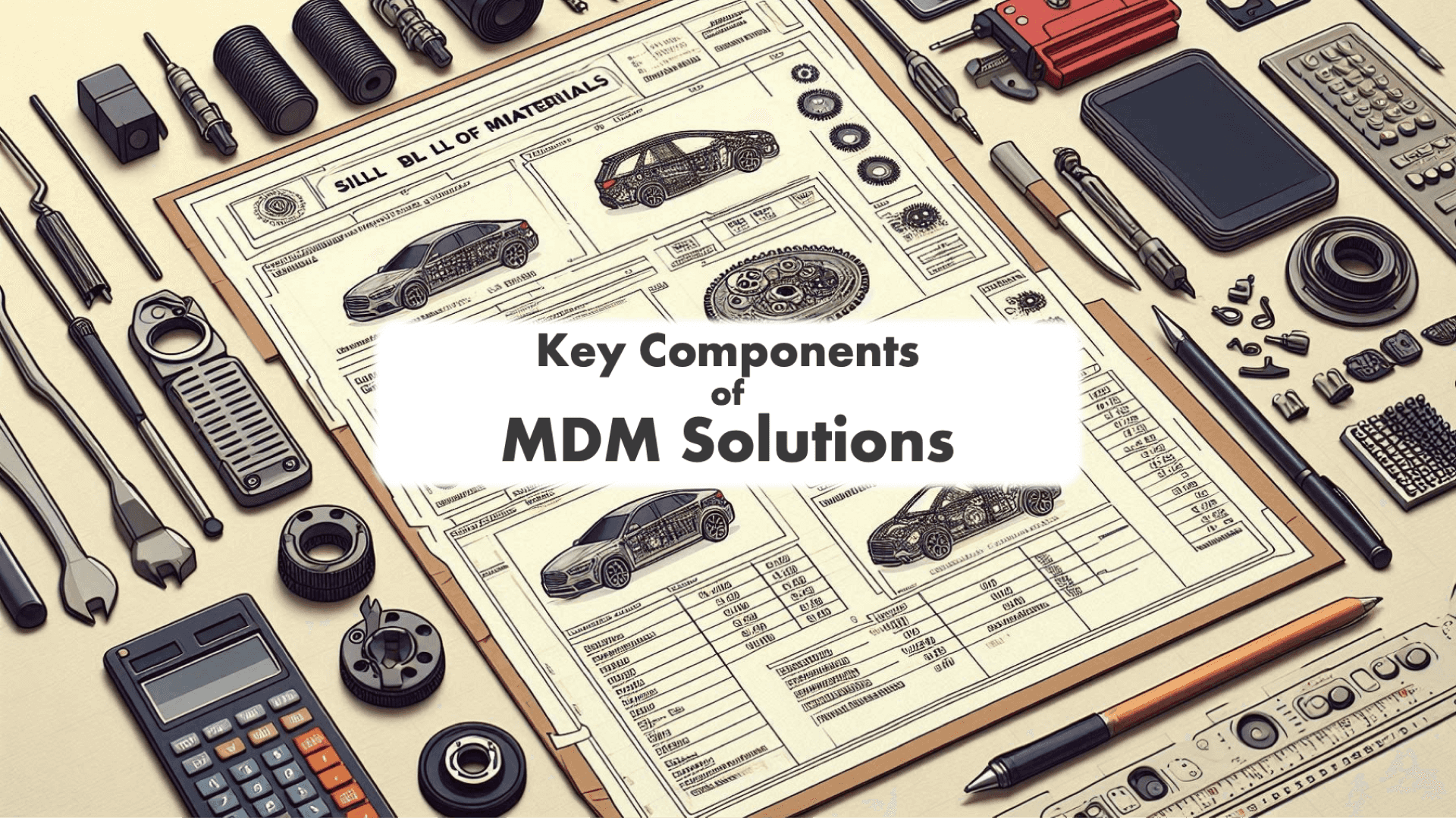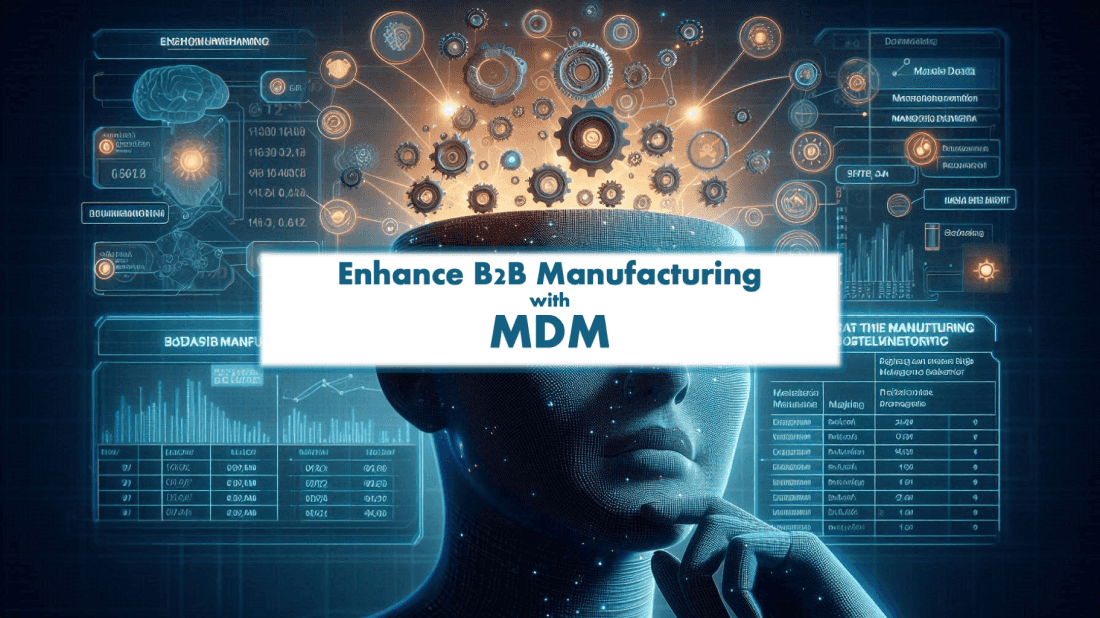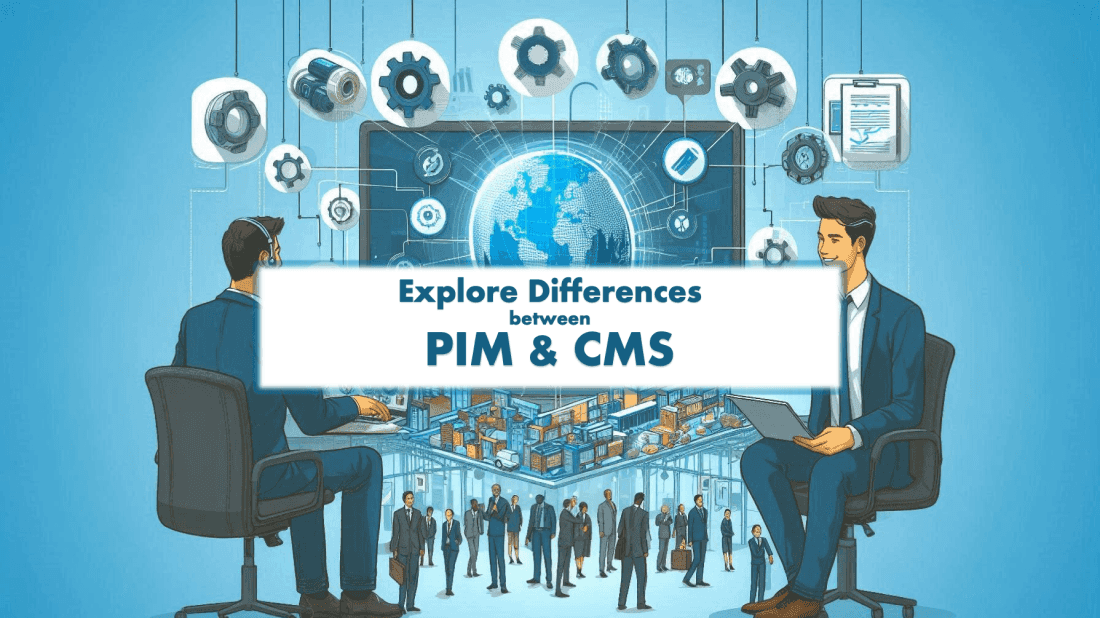Jun 10th, 2024
Comprehensive Guide to Choosing the Best PIM Software for Manufacturers
Categories:Product Information Management SystemIn today’s competitive business landscape, effective product information management (PIM) is crucial for manufacturers.
PIM systems streamline the management of product data, ensuring accuracy, consistency, and efficiency. This guide provides an in-depth look at what to consider when selecting the best PIM software for your manufacturing needs.
Understanding the Importance of PIM Software
Why Invest in PIM Software?
PIM software is a centralized data management solution that addresses the challenges of handling extensive product information. It ensures that all product data is accurate, up-to-date, and easily accessible across the organization. This centralization is essential for maintaining high standards of data quality and integrity, which directly impact customer satisfaction and retention. Furthermore, consistent product information across all platforms enhances the overall customer experience.
Essential Features of PIM Software for Manufacturers
- Advanced Data Modeling Capabilities
The best PIM software offers robust data modeling features, allowing manufacturers to structure and organize product information effectively. This includes creating custom attributes, supporting hierarchical relationships between products, and managing multiple languages and localization. With these capabilities, manufacturers can standardize product data across various channels and markets. This is particularly important for manufacturing companies that deal with complex product catalogs.
- Flexible Workflows for Product Enrichment
PIM systems streamline the processes of product data enrichment, approval, and distribution. Cloud PIM solutions, such as PIM SaaS models, offer the flexibility and convenience of accessing the platform from any internet-connected device. This ensures timely updates and seamless collaboration across the organization. Implementing enterprise PIM systems can enhance business processes and improve overall efficiency.
- Integration with Key Systems
Effective PIM software integrates seamlessly with other critical systems like ERP, CAD, and PLM. These integrations prevent data silos and ensure that all product information is synchronized across the technology stack. This integration capability is vital for maintaining data consistency and accuracy. B2B PIM solutions often offer robust integration features to support complex business environments.
- Multichannel Publishing and Syndication
The ability to publish and syndicate product information across multiple channels is a key feature of PIM software. The best product information management systems provide direct integrations with e-commerce platforms, marketplaces, and distributors. This ensures that product data is accurately represented and easily accessible to customers wherever they shop. Utilizing digital assets such as images and videos can enhance the appeal of product content across various platforms.
- Comprehensive Reporting and Analytics
Monitoring and maintaining data quality is essential for effective product information management. PIM systems offer reporting and analytics tools that track data completeness, accuracy, and consistency. These insights help manufacturers ensure that their product information meets the highest standards. Implementing PIM best practices can further optimize data quality and ensure consistent product information.
Best Practices for Implementing PIM Solutions
-
Establish Clear Data Governance
A robust data governance strategy is critical for successful PIM implementation. This involves defining rules and standards for managing product information and ensuring that all stakeholders adhere to these guidelines. Effective data governance helps maintain data quality and consistency across the organization.
-
Select the Right PIM Software
Choosing the right PIM software requires a thorough evaluation of your organization’s needs and goals. Look for PIM solutions that offer the necessary features and capabilities to address your specific challenges. Consider factors like scalability, integration capabilities, and user-friendliness when making your decision. Assessing PIM use cases can provide valuable insights into how different solutions can meet your requirements.
-
Ensure Data Quality from the Start
High-quality data is the foundation of effective product information management. Implement validation rules and quality control measures to ensure that all product data is accurate and complete from the outset. This proactive approach minimizes errors and reduces the need for time-consuming corrections later on. Efficient data import processes are essential for maintaining high data quality.
-
Define Roles and Responsibilities
Clearly defining roles and responsibilities for managing product information is essential for smooth PIM operations. Assign specific tasks to individuals or teams, such as data entry, updates, and approvals. This ensures accountability and promotes efficient workflow management.
-
Provide Ongoing Training and Support
To maximize the benefits of PIM software, provide ongoing training and support to all users. Regular training sessions help ensure that your team is proficient in using the system and stays updated on best practices and new features.
Benefits of PIM for Manufacturers
Enhanced Efficiency
PIM software streamlines the management of product information, reducing the time and effort required to update and distribute data. This increased efficiency translates to faster time to market and improved responsiveness to market changes.
Improved Data Accuracy
Centralized PIM systems ensure that all product data is accurate and up-to-date, reducing the risk of errors and inconsistencies. This accuracy is critical for maintaining customer trust and meeting regulatory compliance requirements.
Better Customer Experience
High-quality product information enhances the customer experience by providing accurate, detailed, and consistent data across all touchpoints. This helps build customer loyalty and drives sales.
Scalability
PIM solutions are designed to scale with your business, accommodating growing product lines and expanding markets. This scalability ensures that your PIM system remains effective as your business evolves.
Seamless Multichannel Management
PIM software enables manufacturers to manage product information across multiple channels, including e-commerce platforms, marketplaces, and distributors. This multichannel capability ensures that your products are presented consistently and accurately to customers, regardless of where they shop.
Conclusion
For manufacturers, effective product information management is crucial for maintaining data accuracy, improving efficiency, and enhancing the customer experience. By selecting the best PIM software and implementing best practices, manufacturers can optimize their catalog management processes and achieve greater success in the market. Embracing cloud-based PIM solutions and leveraging comprehensive reporting and analytics tools will further enhance your product information management capabilities and drive long-term growth.
About Neurologik.io
Do you feel like your product team at your company spends way too much time on tedious data administration instead of actual product work?
Neurologik.io streamlines all your product data into one intuitive platform, putting an end to hunting through scattered systems and manually updating information. Our customers cut their data management workload by 80% on average. Imagine what your team could accomplish with all that time saved.
If you’d like to explore how Neurologik.io can massively boost your company’s product team productivity, Contact us for a ProductHub demo today.







